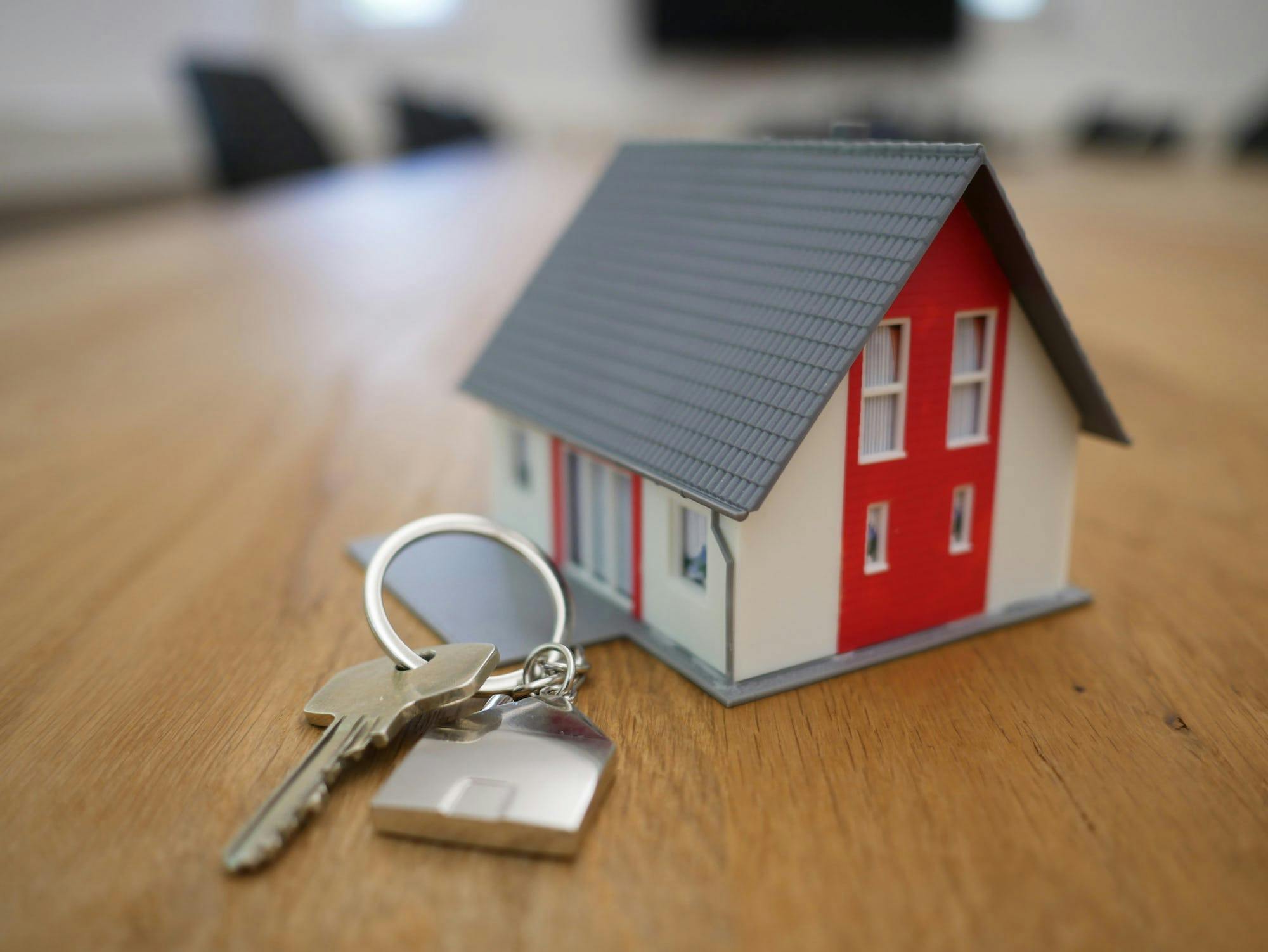Property Management
Home Ownership - The Ship Has Sailed
Last Updated May 4, 2021


Something profound has changed in the world. Belong is completely redefining what “ownership” means.
Once, we bought vinyl records and cassettes and finally CDs. (Some are still buying vinyl - but that’s another story.) Now our music comes streaming at us in endless torrents of code, and we don’t miss holding the songs in our hands – because we can still hold them in our heads.
It’s exactly the same with movies; Netflix has more than 200 million subscribers. When was the last time you bought a Blu-Ray disc? As a recent example of the virtual world’s ascension, consider the definition of ownership is fundamentally changing. As the latest example, take the NFT phenomenon.
If you haven’t heard about NFTs or “non-fungible tokens” – they are virtual goods that are recorded permanently on the blockchain. That could be the much-publicized (and sometimes-derided) cryptoart created by Beeple which sold for an astounding $69 million.
Which brings us to Belong, where our mission is to give people the powerful emotional anchor of being rooted in a safe, enveloping, protective space. Ownership has nothing really to do with that; in fact, till you pay off the dreaded mortgage – and most people never do - you don’t really own it, anyway.
Besides, our species evolved to be attached to shelter and homes long before the idea of “ownership” became a thing. As Dr. John S. Allen, a neuroanthropoligist, points out in his wonderful book called “Home: How Habitat Made Us Human” that we were hard-wired over millennia to find emotional rewards in the concept and reality of home. (That was long before FHA mortgages.) He writes: “The feelings we associate with home are built on a cognitive foundation that we inherited from our ancestors.” Allen also notes that “We may understand houses from the outside looking in, but home is made from the inside out.”
In other words, Allen is saying that the deep feelings that wash over us when we’re at home have nothing to do with a physical deed. You can be moved by streaming a Taylor Swift song – no ownership required. And the feeling of opening your front door and being greeted by a fast-moving three-year-old and a hug, says “home” on the most fundamental, John Allen-ian level.
This perfectly sums up what we are committed to at Belong. I wasn’t aware of Allen’s work when I wrote the Belong vision document, but the ideas are perfectly aligned. In it, we talk about the fact that owning a home is just one kind of American Dream, but there are other equally valid paths, because we all “dream of living in a glorious home where we can put down roots and experience the sense of belonging.”
Our vision goes on to say that “We call ourselves Belong because want to make these dreams a reality…and serve the millions who love the idea of a house they can call home, but don’t love the idea of homeownership.”
At Belong we try not to overuse the word “rent” because it sounds so feudal – as does the word “landlord.” Anyone who was stereotyped as a “renter” has become a “resident” in Belong’s world. As a resident, they feel the powerful tug of belonging, and that connection means they care about the place they live in as if they owned it.
After all, as Professor Allen says, our homes helped up adapt as a species; we are all here today because we took care of the places we lived in with our families, and didn’t neglect them. Which is why the tired old expression “nobody ever washed a rented car” doesn’t apply at all to the way that our residents treat their homes.
Many economists describe the post-ownership world as the “sharing economy,” and there is a great deal of truth to that. Today you can rent or share everything from a dog to art to chickens. A great deal of it is driven by Millennials and Gen Z, who are not nearly as attached to physical as previous generations, and value experiences. When you invest your capital in a home - the ultimate “thing” – it is a mathematical certainty for 99.5% of the pupation that it will leave less disposable income for experiences. Which, though ephemeral, are profoundly meaningful, and in fact emotionally enduring.
I think this is a healthy trend, although it might be fighting against our hard-wiring. “You have to learn to share” is a grindingly familiar parental and teacher refrain, after all. But somehow, we are at least in part moving beyond it, and that can be a healthy sign for society.
At Belong we are doing our best to advance this trend, by creating productive, healthy, sustainable new relationships between people who own houses, and those who want to build their lives in them.
To return to “Home,” the book quotes the architects Charles Moore, Gerald Allen, and Donyln Lyndon, who write: “Its site is only a tiny place of the real world, yet this place is made to seem like an entire world.”
That about says it all.
About Belong
Created to connect homeowners who love their homes, with residents ready to move in and build their lives there, Belong is a tech-enabled platform that takes the bumps, frustrations, and uncertainties out of the experience – to create delightful interactions from Day One to Day Forever. Bringing the practices of leading hospitality companies to an industry that was marked by a lack of caring and manual processes – Belong reinvents every step of the journey, all the way through to Belong Pros who are talented, responsible, and prideful contractors. Each component we touch is an opportunity to advanced our mission. No matter which side of the marketplace you are on, Belong honors your role and the communities we serve.

About The Author
Adam Hanft
Editor in Chief
Adam is a futurist - co-author of "Dictionary of the Future" - brand strategist, public-company board member, former comedy-writer (but he hasn't stopped being vaguely amusing), and an investor in Belong.




